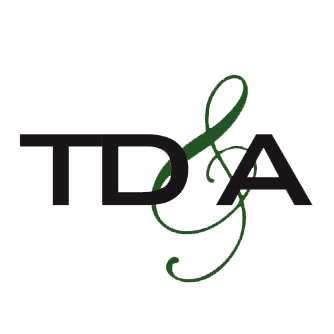Cryptocurrency and Estate Planning
Although digital assets in themselves are not new, they have been gaining much popularity in recent years. Cryptocurrencies such as Bitcoin, Ethereum, and Dogecoin are examples of digital assets. Recently the American media has focused on NFT’s (Non-Fungible Tokens) such as the “CryptoPunks” and other forms of unique digital art. Such digital assets are favored for their portability and perceived security amid volatile markets and in the face of unpredictable monetary policies for fiat currencies. Similar to gold, some believe digital assets can provide a hedge against inflation. With the adoption of Bitcoin and Ethereum for commercial transactions, by several large corporations and some foreign governments, proponents believe the potential exists for digital assets to replace fiat currencies in the future.
But with cryptocurrency being a more recent phenomenon, many are unaware of the importance of accounting for such assets in their estate plan, and are confused about the proper way to do so.
Since cryptocurrencies and NFT’s are secured by blockchain technology, it is essential that the beneficiaries know how to access them. Cryptocurrencies and NFT’s are held in a digital wallet protected by a private key, but if the key is unknown, they cannot be retrieved. If you die without passing on a way to access the private key, the cryptocurrency will likely be lost forever. The only way to assure that your beneficiaries acquire digital assets after death is by accounting for digital assets and their unique attributes in your estate planning.
As always, it is necessary to keep your estate plan up to date, especially when you obtain digital assets. Another consideration is the requirement to account for the value of digital assets and their potential impact on your taxable estate. Consulting with a knowledgeable estate planning attorney about your digital asset holdings is essential.
Call Tresp, Day & Associates today to schedule your consultation and begin planning for your future. We will continue to offer face-to-face consultations utilizing video conferencing technologies such as FaceTime, Duo, and Zoom.

